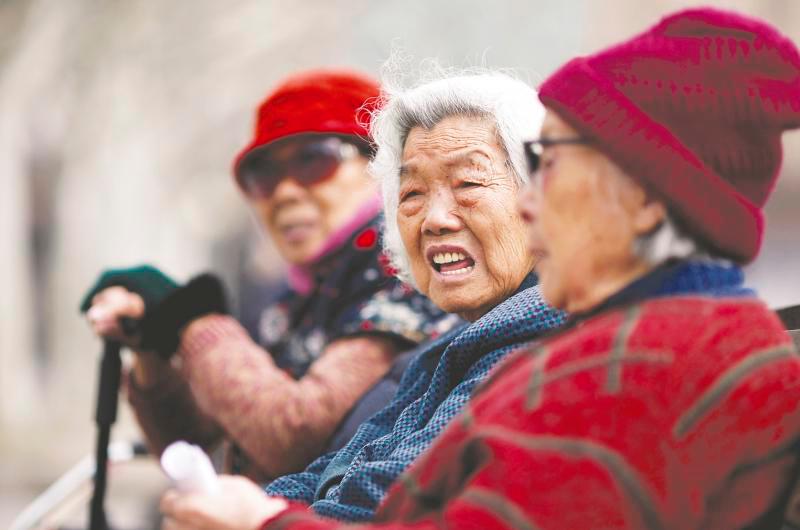THIS letter is written in light of the recent distressing increase in the number of elderly individuals being discovered deceased at their homes alone.
There is an urgent need to call for transformative improvements in the elderly care homes’ culture within the nation.
A recent study undertaken in Malaysia revealed deficiencies in the overall state of elderly care homes.
The study’s findings identified cultural barriers such as language and religious differences undermining the psychological well-being of older residents in Malaysian care homes.
Furthermore, these facilities exhibit a pressing need for financial assistance to rejuvenate both their internal culture and physical condition.
Elderly care homes play a pivotal role in shaping the culture of caregiving and support for our senior citizens.
Opting to reside in elderly care homes in their golden retirement years is a choice available to senior citizens.
However, the social stigma that is tied to living in elderly care homes prevents most elderly from choosing this option.
Beyond the essential physical care that these homes provide, the need for a more structured health and social service is much needed to revitalise the culture of elderly care homes to make them a more appealing option for seniors to consider their living arrangements.
To combat the worrisome trend of seniors being found deceased alone in their homes, creating an environment within care homes that prioritises not only medical attention but meaningful social interactions, mental stimulation and emotional well-being is vital.
Elderly care homes can position themselves as havens for senior citizens when they begin to nurture a culture of companionship, respect and empathy.
A multifaceted strategy is necessary to address the pressing need to improve these homes’ culture, which should encompass staff who are providing geriatric care, healthcare professionals as well as counsellors.
One pivotal facet involves the staff responsible for providing geriatric care.
These caregivers should undergo specialised training that will equip them with the knowledge and skills needed to address the unique needs of the elderly population.
Training programmes can include modules on effective communication, understanding age-related health issues and fostering emotional support.
By nurturing a well-trained and empathetic staff, care homes can create an atmosphere of comfort and trust for the residents.
Another facet involves healthcare professionals who play a vital role in collaborating closely with staff who provide geriatric care.
Medical experts such as doctors and nurses can contribute by devising tailored wellness plans, administering timely medications and recommending necessary treatments for the elderly who are staying in care homes. This ensures that the residents’ health is consistently maintained.
Lastly, counsellors play a crucial role in addressing the psychological and emotional needs of the elderly.
Counselling support is needed in addition to revised government guidelines in order to improve the conditions of elderly care homes in the country.
Elderly care homes should incorporate professional counsellors or psychologists to help residents navigate challenges such as loneliness, grief and anxiety.
Counselling sessions can provide a safe space for the elderly to share their feelings, cope with life changes and maintain a positive outlook in their golden years.
By integrating these aspects into the strategy, elderly care homes can create a supportive ecosystem where residents receive holistic care.
Revitalising the culture of elderly care homes through these multifaceted approaches and redefining themselves as sanctuaries of support will encourage elderly individuals to view these homes as a more appealing option to spend their golden years.
As a staff, healthcare professionals and counsellors collaborate harmoniously, they collectively contribute to cultivating a culture that truly enhances the lives of the elderly residents.
Comments: letters@thesundaily.com









